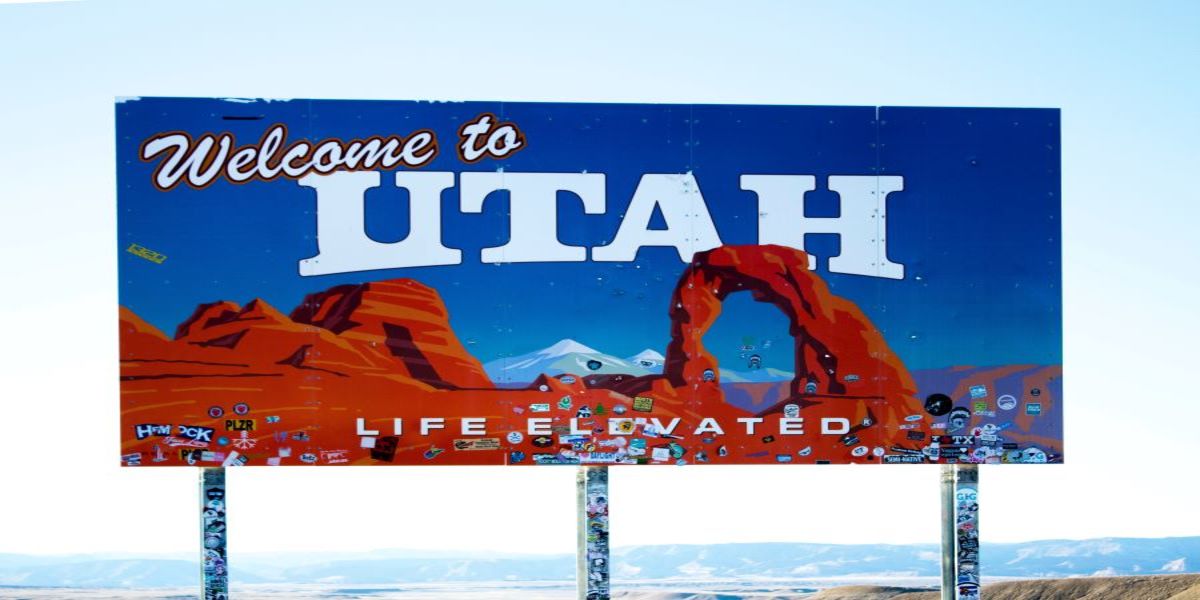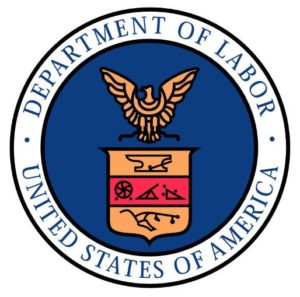
20 Dec 2021 Utah Spearheads State Fight Against Leftwing ESG Agenda
Utah Attorney General Sean Reyes, State Treasurer Marlo Oaks and State Auditor John Dougall led the charge for 23 states last week in filing a comment on a proposed U.S. Department of Labor rule eviscerating current pension holder protections.
The proposed rule, Prudence and Loyalty in Selecting Plan Investments and Exercising Shareholder Rights, pushes a leftwing Environmental, Social, Governance (ESG) agenda to promote liberal investment and shareholder initiatives such as climate-change and so-called diversity measures at the expense of pension holders’ bottom line – and in likely violation of pension fund managers’ fiduciary duties.
Utah and its fellow signatories call out President Biden’s Labor Department for encouraging – to the point of tacitly requiring – fund managers to consider ESG factors when making decisions about where and how to invest. As the states point out, Labor’s “[p]roposed [r]ule would allow employers and investment managers to invest employee retirement savings in a way that benefits social causes and corporate goals even if it adversely affects the return to the employee.” The comment goes on to note that by “allowing employers and investment managers to consider ESG factors,” the Labor Department turns “what should be a financial decision into a political one.”

To be sure, the rule itself describes ESG investments in explicitly and exclusively leftwing policy terms. In describing the types of ESG factors that “often require” consideration as part of a fiduciary’s duty under the proposal, the rule lists “a corporation’s exposure to the real and potential economic effects of climate change . . . [and] the corporation’s progress on workforce diversity, inclusion and other drivers of employee hiring, promotion, and retention . . . .” This is no dog whistle to the Biden Administration’s liberal base; this is a fog horn – loud and clear.
The Utah-led comment also calls out the Biden Administration’s attempt to mask its true intent behind the rule: forcing ESG investing onto the private sector. “While the Department repeatedly refers to investor ‘confusion’ as the reason for the rule change, nowhere does the Department identify who these confused investors are nor what was confusing about the objective ‘pecuniary factors’ requirement in the current rule. Indeed, the ‘confusion’ appears to be no more than pretext[,]” the comment declares. The state comment goes on to assert that the “real purpose” behind the Labor proposal “is simply to encourage ESG investing . . . .”
No matter how the Biden Administration tries to spin its rationale for the rule, it amounts to nothing less than a backdoor rewrite of long-standing duties and responsibilities under the Employee Retirement Income Security Act – commonly known as ERISA. Knowing it could never muster the support on Capitol Hill to pass legislation requiring pension fund managers to spend more of pension holders’ money to obtain fewer returns in the name of a liberal ESG agenda that the pension holder may or may not support, the Administration is instead attempting to do it through the rulemaking process.
As the National Center for Public Policy Research’s Free Enterprise Project points out in its own comment to the proposed rule, studies have shown that ESG investing not only costs pension holders more, but leads to lower returns. In its 2020 Annual U.S. Fund Fee Study, the financial services firm Morningstar asserted that, “Investors in sustainable funds are paying a ‘greenium’ relative to investors in conventional funds” and concludes that these funds have a “higher asset-weighted average expense ratio, which stood at 0.61% at the end of 2020 versus 0.41% for their traditional peers.” Additional sources demonstrate that ESG fund fees are more expensive than passive indexes or benchmarks and can even carry fees that are as much as 40% higher than similar non-ESG investments.
Research further demonstrates that public pension funds, many of which have ESG mandates or have otherwise been “voluntarily” investing in ESG funds for years, have lower rates of returns as well. Utah’s comment similarly points this out, noting that “[u]nderfunded pension plans are problematic in both the public sector and among multiemployer pension plans run by unions.”
Running unsuspecting fellow government workers’ pension funds into the ground is reprehensible enough; forcing private pension fund managers into following suit takes the liberal ESG pursuit to another level entirely. May we all at least take some comfort this holiday season knowing there are strong state leaders out there who are unwilling to sit idly by while the federal government unleashes the Grinch to steal their citizens’ retirement funds. I know I will.
Sarah Rehberg is the Free Enterprise Project Program Coordinator for the National Center for Public Policy Research.




